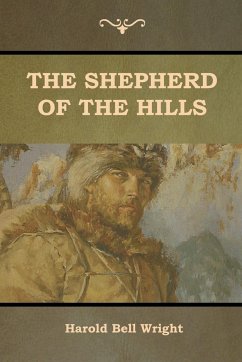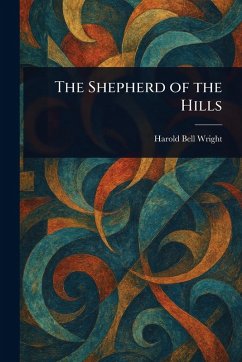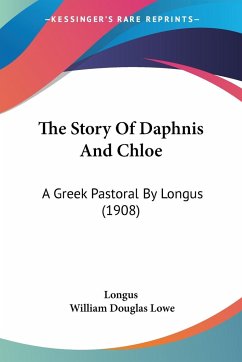
The Shepherd of the Hills (Esprios Classics)
Versandkostenfrei!
Versandfertig in 1-2 Wochen
24,99 €
inkl. MwSt.

PAYBACK Punkte
12 °P sammeln!
Harold Bell Wright (1872-1944) was a best-selling American writer of fiction, essays, and nonfiction. Although mostly forgotten or ignored after the middle of the 20th century, he had a very successful career; he is said to have been the first American writer to sell a million copies of a novel and the first to make $1 million from writing fiction. Between 1902 and 1942 Wright wrote 19 books, several stage plays, and many magazine articles. More than 15 movies were made or claimed to be made from Wright's stories, including Gary Cooper's first major movie, The Winning of Barbara Worth (1926) a...
Harold Bell Wright (1872-1944) was a best-selling American writer of fiction, essays, and nonfiction. Although mostly forgotten or ignored after the middle of the 20th century, he had a very successful career; he is said to have been the first American writer to sell a million copies of a novel and the first to make $1 million from writing fiction. Between 1902 and 1942 Wright wrote 19 books, several stage plays, and many magazine articles. More than 15 movies were made or claimed to be made from Wright's stories, including Gary Cooper's first major movie, The Winning of Barbara Worth (1926) and the John Wayne film The Shepherd of the Hills (1941).














